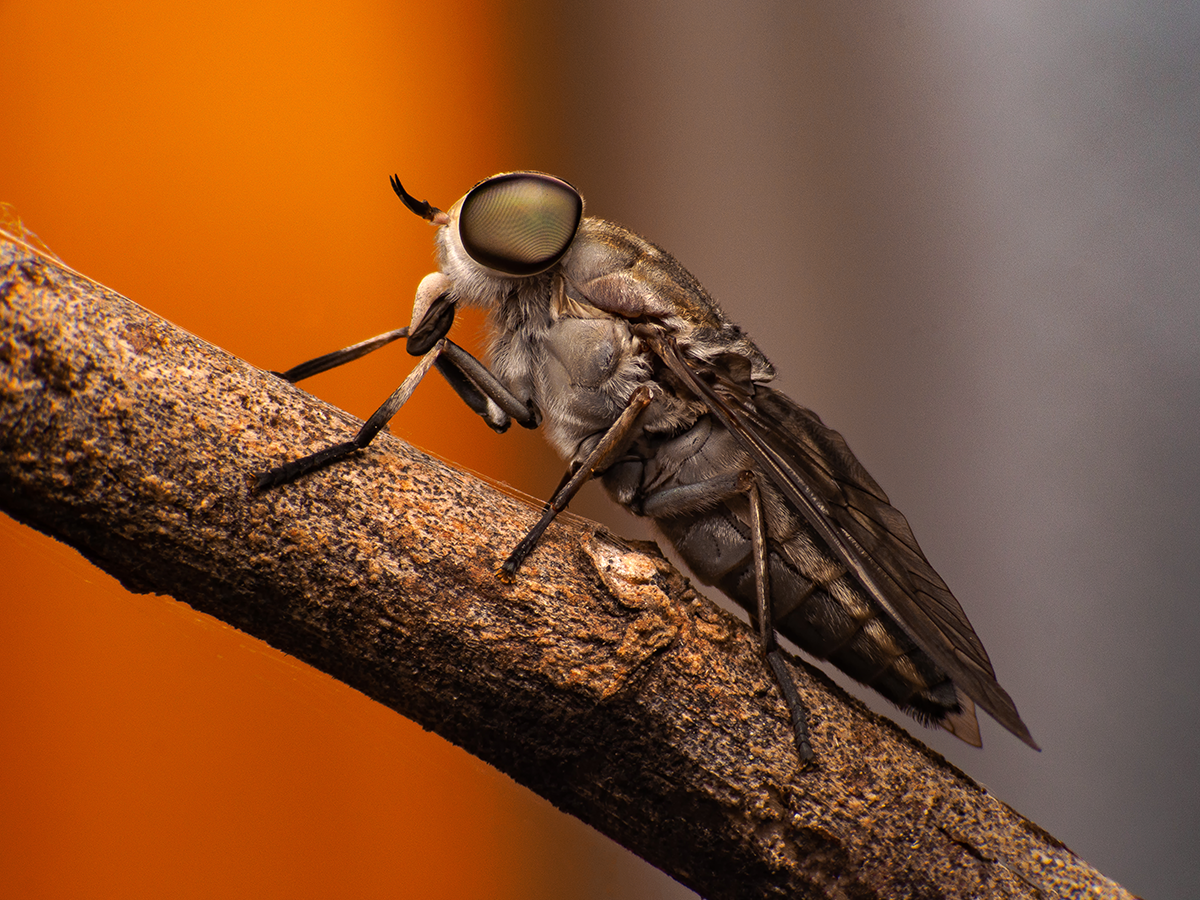Bugs to Look Out For This Summer
It’s creepy, it’s crawly, and its here for the summer. Bugs big and small are out and about, but which ones are harmful and which ones are helpful? From horseflies to fireflies, here’s what you need to know about the ecosystem in your own front yard.
Ants
In West Tennessee, ants come in four varieties: Carpenter, Fire, Little Black, and Odorous House Ant. While each is helpful in the aspect that they can clean-up natural wildlife waste, they can, annoyingly, infest homes. Crumbs, spilled drinks, and other easily accessible food sources attract these little guys. Besides being a nuisance, ants are very beneficial to the environment because of their scavenging abilities. Carpenter Ants are attracted to decaying wood. Fire Ants help aerate the soil. Little Black Ants are omnivores, clearing up plant waste. The Odorous House Ant tends to eat other bugs, keeping the bug population in check. When they aren’t invading houses, they are super helpful to the West Tennessee ecosystem.
Black Horse Fly
Surrounding pools, lakes, and even my own front yard, horseflies are smacking into anything that moves. Found in the Eastern half of the United States these bugs are a problem when it comes to livestock. The females feed on blood and tend to go after anything that has it, which includes horses, cows, and even us humans. The male of the species, however, drinks flower nectar, so that could make them a member of the pollinator family. Besides that one redeeming quality, they also help feed bug eaters such as frogs, lizards, and birds. Bats, sadly, are not included because horseflies do not fly at night and thank God for that small respite.
Cicada
Every 13 to 17 years Cicadas take to the trees and start their mating calls. These calls--or screams depending on how you look at it--are made by the male of the species and can be heard up to a mile away! Cicadas lay their eggs above ground, but spend the majority of their lives under it. They survive off of tree fluids such as sap but can damage young trees when laying their eggs. These large, green, black or brown, flying insects can look and sound scary, but they are generally peaceful creatures.
Firefly
Designated as the Official State Insect of Tennessee, the Firefly is also the official bug of most people around here’s childhood. Grabbing old jars and poking holes in the lid to catch and hold fireflies is a fond memory for most people. These little bugs light up the sky in the spring and summer making it pretty easy for anyone to catch. These bioluminescent lights also protect them from predators, giving the potential killer a warning that they are not a bug that tastes good. Fireflies are a type of beetle that feeds on slugs and worms and is considered an omnivore. There is a slight decline in the bugs population, so when you do go out and catch the bugs, be sure you let them out within a day or two.
Mosquito
What’s the one thing you end up with every summer, no matter how hard you try not to get? Mosquito bites. No matter what precautions you take, every year without relief everyone always ends up getting bitten by a mosquito. Any visual flesh from ankles to arms are at risk. While they are a staple in a several animals diet, it seems like they were mostly created to ensure humans couldn’t spend too much time outside during the summer. Getting in our home and biting our unexpecting bare feet is only one of the problems from these dastardly bugs. They can also transmit diseases and breed in stagnant waters. Only the female mosquitoes drink blood while the males feed on fruit and plant nectar. Mosquitos are not only attracted to the heat from our bodies but are also attracted to carbon dioxide. These little beasts can be repelled by lemon-eucalyptus oil and citronella candles.
There are many other bugs to look out for this summer. Send us your suggestions at contact@cypressmag.com!






